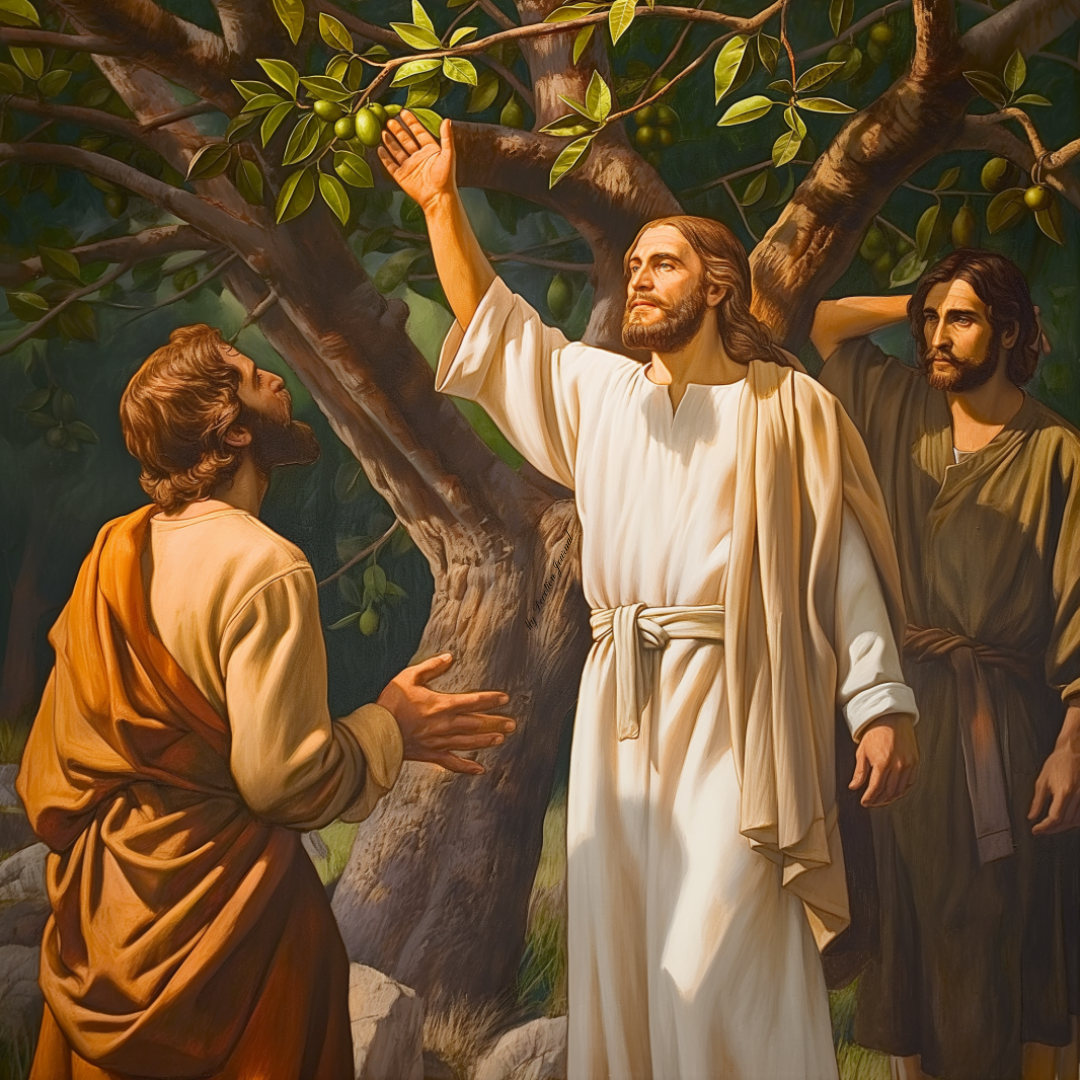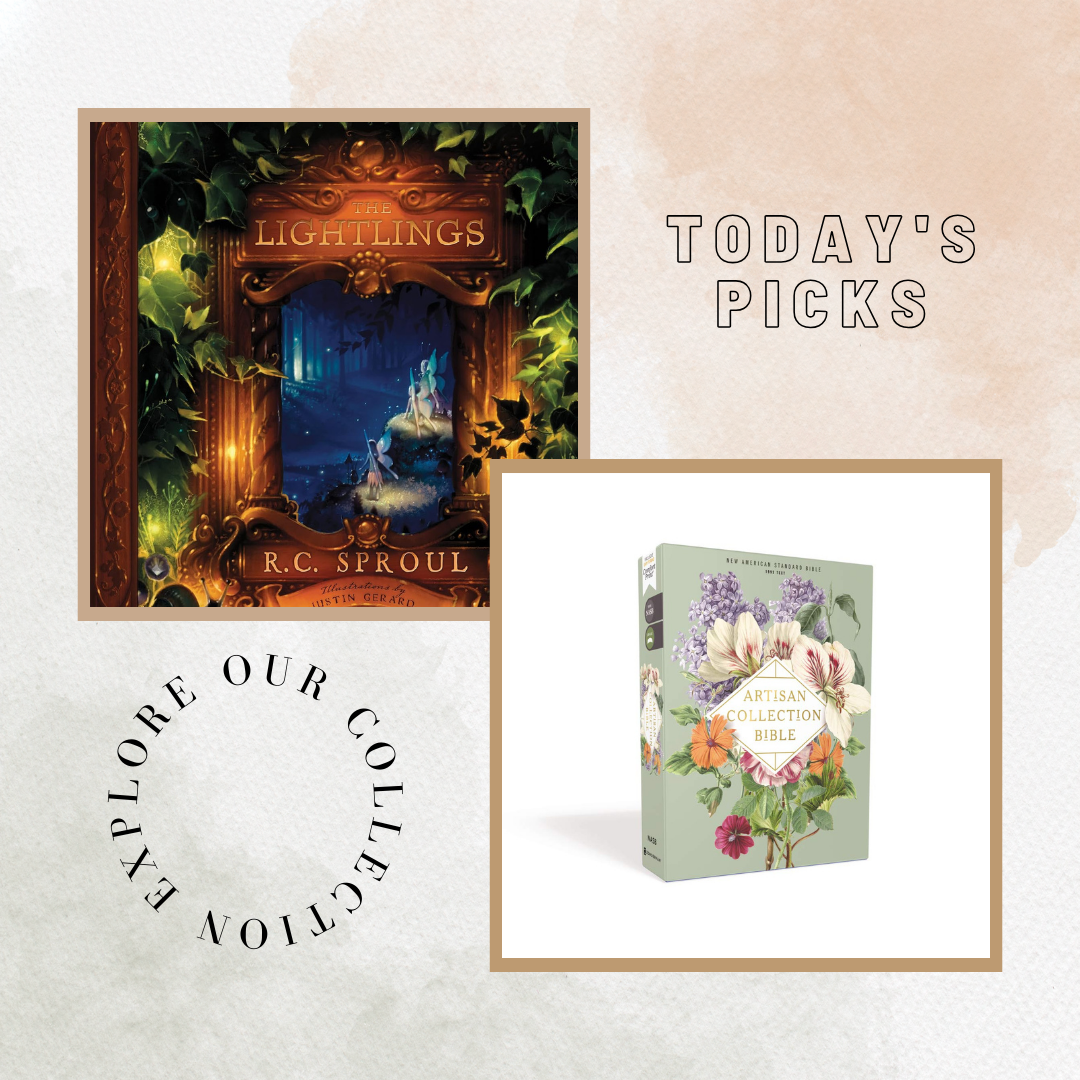The Parable of the Barren Fig Tree is one of Jesus’ most sobering lessons. A reminder that faith without fruit is a warning sign of spiritual stagnation. In this daily devotion, we’ll explore how this parable calls every believer to examine their life, nurture spiritual growth, and respond to God’s grace with repentance and renewed purpose.
Scripture Reading: Luke 13:6–9 ESV
There is a quiet urgency in Jesus’ words. A call to examine the soil of your soul and the branches of your life. The Parable of the Barren Fig Tree is not just a story; it is a mirror reflecting the spiritual condition of our hearts. For three years, the fig tree stood barren, consuming nutrients but yielding nothing in return. How often do we, like that tree, take up space in the vineyard of grace, absorbing God’s goodness without producing fruit that honors Him?
This passage is more than a cautionary tale; it’s an invitation to transformation. It confronts complacency and calls us to spiritual growth, urging us to align our lives with God’s purpose. As you read, let these words stir a holy restlessness within you. A longing to live fully and fruitfully for the One who has given you life.
The Story Behind the Parable
In the cultural and historical setting of this parable, fig trees were valued for their fruit, which provided sustenance and economic benefit. A barren tree was not merely an inconvenience; it was a sign of failure. In Scripture, the fig tree often symbolizes God’s people, called to bear the fruit of repentance, righteousness, and faithfulness.
The vineyard owner in this parable represents God, who rightfully expects His creation to be fruitful. The gardener, interceding on behalf of the barren tree, reflects Christ’s role as our advocate, working tirelessly to bring life to what is lifeless. The Greek word for “fruit” (karpos) conveys both physical produce and spiritual evidence—a life transformed by God’s power.
What This Means for Us Today
The call to bear fruit is as relevant now as it was then. Spiritual growth is not optional for those who belong to Christ; it is the natural result of abiding in Him (John 15:5). Yet, how often do we find ourselves distracted by busyness, consumed by worries, or lulled into complacency?
The barren tree reminds us that God’s patience, while abundant, is not without limits. The gardener’s plea for one more year is an act of grace, a picture of Christ’s loving intervention in our lives. He digs around the hard soil of our hearts and nourishes us with His Word and Spirit. But this grace demands a response. The question is not whether the gardener will do His part, but whether we will yield to His work and allow fruit to grow.
Daily Devotion: A Call to Action
This parable is not just a story to read during Bible study; it is a call to action. What does spiritual growth look like in your life? Are you bearing the fruit of the Spirit—love, joy, peace, patience, kindness, goodness, faithfulness, gentleness, and self-control (Galatians 5:22–23)? Or are you merely surviving, taking up space in the soil of God’s vineyard without yielding a harvest?
Let this be the moment you recommit to a life of fruitfulness. Open your prayer journal and ask God to reveal the areas where you have grown stagnant. Write down ways you can cultivate spiritual habits—daily devotion, intentional Bible study, acts of service, and consistent prayer.
Reflection for Your Prayer Journal
- In what areas of my life have I been unfruitful?
- How has God been patient with me, giving me opportunities to grow?
- What practical steps can I take this week to nurture my spiritual growth and align my life with God’s purpose?
Write down your thoughts in your My Devotion Journal.
A Closing Challenge
The Parable of the Barren Fig Tree is not a story to skim over; it is a wake-up call to live intentionally and bear the fruit God desires. The time for repentance is now. The time for transformation is now. Tomorrow is not promised, but today is a gift. Do not waste it.
Through Christ’s intercession, you have been given another year, another chance, another day. What will you do with it?
Let your life become a testimony of God’s grace—a tree bursting with the fruit of His Spirit, a life that glorifies the One who planted you in His vineyard. The axe is at the root, but so is the hand of the gardener. Will you let Him work? Will you bear fruit? The choice is yours.




